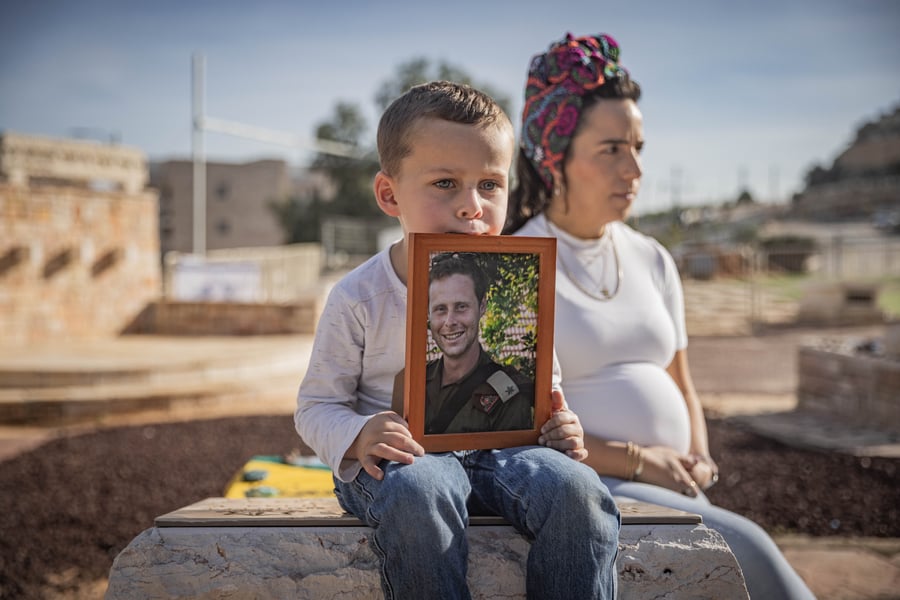
Research on the emotional state of girls and boys throughout the year of the war shows that the trauma of the war, which lasted for more than a year, had an acute effect on the mental health of children, with symptoms that may include symptoms of anxiety and avoidance, as well as symptoms of hyperarousal, irritability and hyperactivity.
The study was conducted by the "Goshen Center" and the Association for Pediatrics. The researchers conducted telephone surveys in three time periods - 5 weeks after the outbreak of the war, 13 weeks after it and at the end of 11 months.
The findings show that although the emotional distress among children decreased over time, it remained at levels of clinical-behavioral significance throughout the year. After a year, the score given to the children's level of mental distress was 32.5, compared to 38 in the fifth week of the war and 36.7 in the 13th week.
The scores were calculated according to a professional questionnaire that measures children's emotional distress (PEDS), and any score above 28 indicates symptoms that also have clinical significance.
The scores examining anxiety and fear were also clinically significant. The anxiety level dropped from a score of 12 in the fifth week to a score of 10 after almost a year. And the level of fear dropped from 10.5 immediately after the outbreak of the war and stabilized at a score of 9.5, and a score above that indicates a clinical problem.
Other findings were that during weeks 5 and 13 girls presented higher levels of anxiety than boys, but at this point in the year the difference disappeared.
Although no differences were found between the sexes in terms of fear or extroverted behaviors (such as irritability, behavioral difficulties and hyperactivity) during the 5th and 13th weeks after the war, but after a year, boys displayed extroverted behaviors significantly more than girls.
The study also shows that anxiety and depression in parents directly affected children's emotional distress, as well as extroverted behaviors, while family resilience was found to be a protective factor.
Parents who experience high levels of anxiety and depression may contribute to their children's distress, thus creating a negative cycle. Interventions focused on both parents and children, while supporting family resilience, can moderate these negative results. Integrating family-centered mental health services can also play a critical role in promoting individual and family recovery.
464 parents answered the survey in the 11th month of the war. The average age of the parents was 40 and the average age of the child about whom they filled out the questionnaire was 7.6. 5.6% reported that they or one of the members of the nuclear family was directly affected by the war. 20.7% reported that one of their relatives or friends was injured, killed or kidnapped during the war. 8.4% of the parents reported that one of the parents was in the reserves at the time of filling out the questionnaire.
According to Prof. Eitan Kerem, chairman of the Goshen Center, and Prof. Tzachi Grossman, chairman of the Association for Pediatrics and member of the executive committee of the Goshen Center, "If we thought that at the end of a year after the war, we would get used to the situation - then the findings show exactly the opposite– Israeli children experience persistent anxiety. Also parental anxiety and distress may intensify their anxiety and create a negative cycle. This is a red flag that must be paid attention to immediately by the health system, the Israeli government and everyone cares about our children must wake up quickly."
As observed in previous studies, the emotional distress tends to decrease over time, but the persistence of clinically-behavioral symptoms of anxiety even after a year suggests that the impact of the war remains long-term for many children.








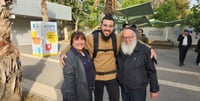
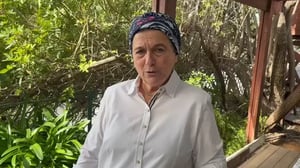

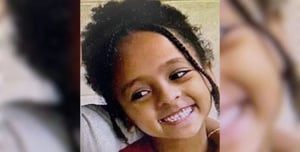

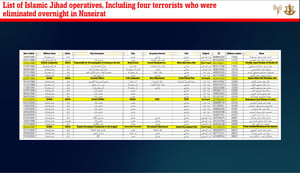



0 Comments